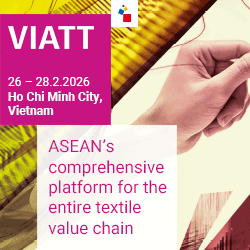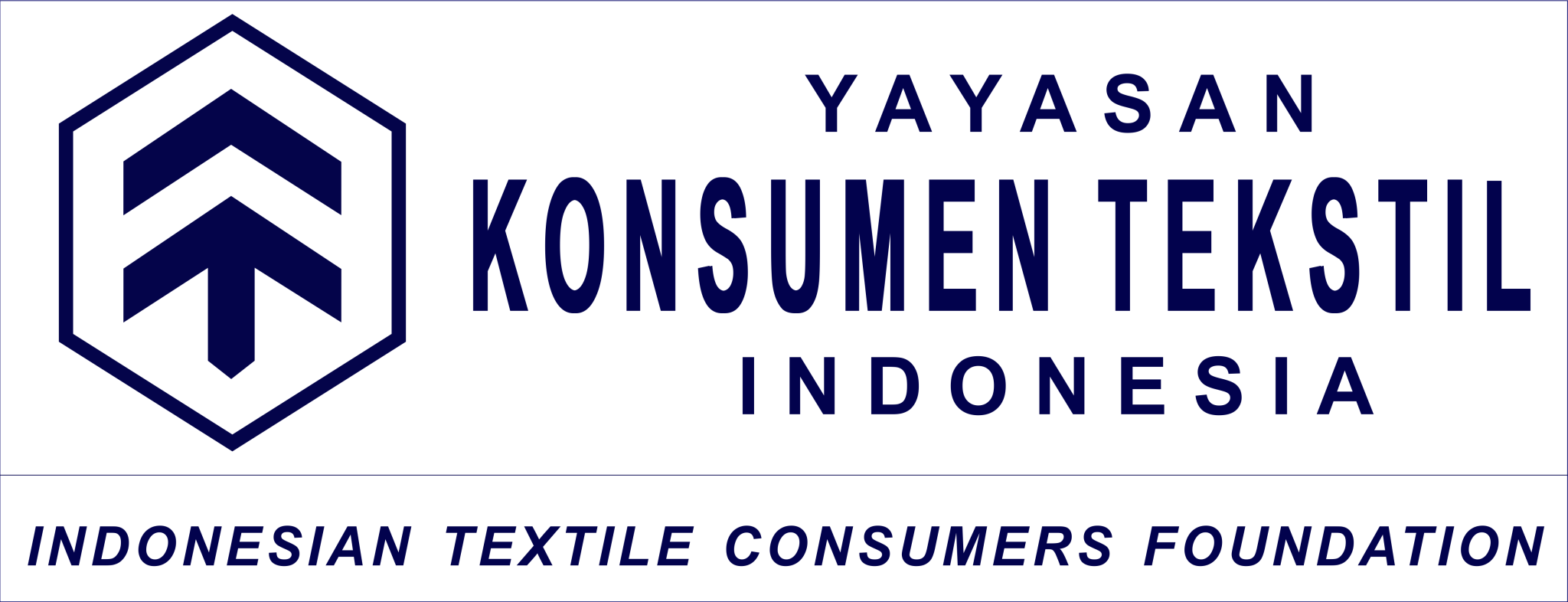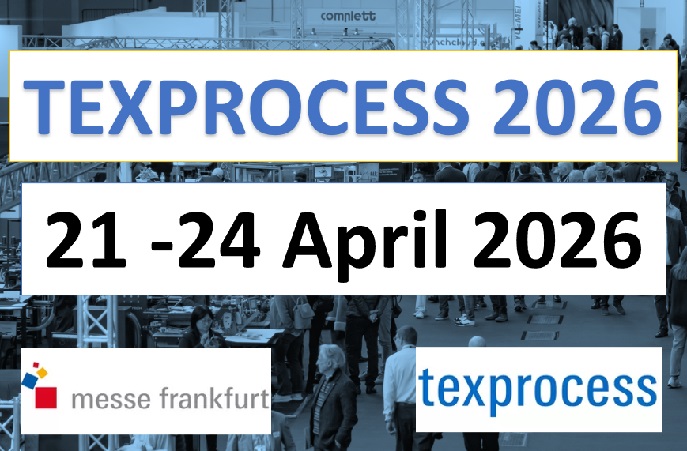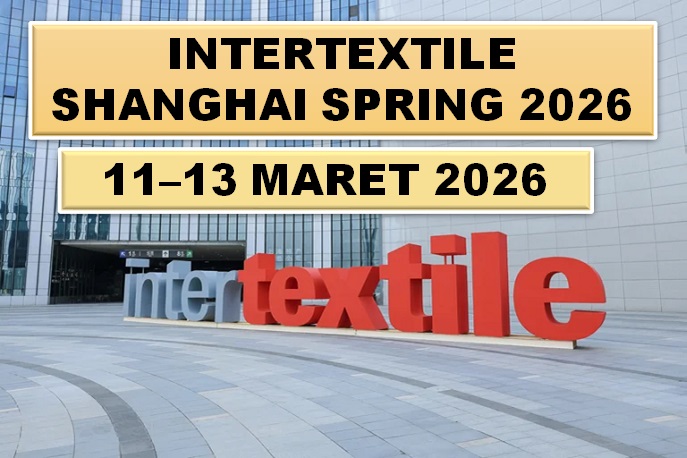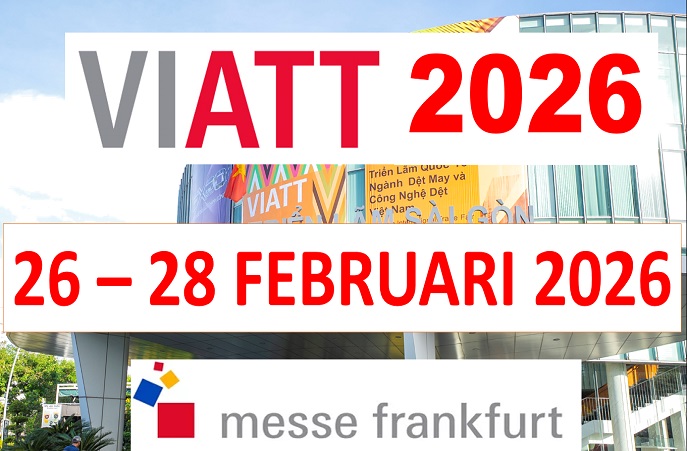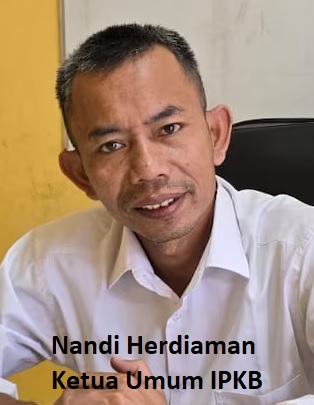The Coordinating Minister for Maritime Affairs and Investment (Menko Marinves) Luhut B Pandjaitan, at the New Balance Material Summit in Jakarta, on Tuesday 9 May 2023 said, after the Covid-19 pandemic, both exports and imports of Indonesian textile products experienced a fairly high trend of increasing . For this reason, the government is preparing various incentives to maintain the economy in the textile sector and its products. The Coordinating Minister Luhut assessed that investment and economic development at this time were not only limited to the downstream sector. Instead, it also penetrated into the textile industry. According to him, this development will provide a profitable market potential for the textile industry in Indonesia.
In addition, national economic growth has now been above 5 percent for six consecutive months. Along with the increase in economic growth, Coordinating Minister Luhut also believes that the purchasing power of the people and the middle class segment will also grow significantly. This condition will encourage increased sales of textile products in the country.
“In addition, the ongoing investment policy reforms have attracted a lot of new investment into the country. The Indonesian government will continue to carry out reforms in these aspects, "concluded the Coordinating Minister Luhut.
Previously, the government also tried to anticipate disturbances in the textile industry due to a decrease in export orders. The number of export orders for textile products from America and Europe fell due to the global recession. This condition has even forced a number of companies to carry out mass termination of employment (PHK).
President Joko Widodo finally instructed that exports of these textile products be diverted to the domestic market. At the same time, the domestic market is in the midst of a flood of imported used clothes, especially from China. Therefore, the government finally decided to ban the sale of imported used clothes.
Based on data from the Central Statistics Agency (BPS), in 2022 the volume of Indonesian textile exports will indeed weaken. During the January-September 2022 period, the export volume of the national textile industry only reached 1.19 million tons, a decrease of 14.52% compared to January-September 2021 (year on year/yoy).
Despite facing severe challenges and the threat of a recession, the Indonesian economy is able to grow positively by 5.31% (yoy) in 2022. One of the sectors that has become a catalyst in boosting the performance of the national economy is the Textile and Textile Products (TPT) and Footwear industry.
In 2022, the TPT trade balance performance experienced a surplus of USD 3.71 billion, an increase of 3.34% compared to the previous period. Likewise with footwear, which experienced a surplus of USD 1.03 billion, an increase of 41% compared to the previous period. The United States and Europe are still the main export destination countries for these two industries.
Indonesia itself has the potential to become a major market, production base, and export center for the world's TPT and footwear industries, with many advantages. Indonesia is a country with the 16th largest economy in the world, has a very small chance of a recession of 3% in 2023, has a very large domestic market with a population of 273 million, a significantly increased demographic bonus, and political conditions and a relatively stable economy.
The growth of the manufacturing industry sector in the last few months in 2022 has shown a positive signal. This condition is reflected in the trend of the level of expansion in the value of the Industrial Confidence Index (IKI), which has increased since its launch in November 2022 and the S&P Global Manufacturing Purchasing Manager's Index (PMI) which has shown expansion since last September. This is also in line with the manufacturing industry's GDP growth which reached 4.83% in the third quarter of 2022.
In early 2023, the performance of the processing industry will show expansion. The IKI value in January 2023 was 51.54, a sharp increase compared to December 2022 IKI which was 50.9. As many as 71.4% of companies stated that the general condition of business activities was stable and improved in January 2023.
IKI is an indicator of the degree of confidence or the level of optimism of the manufacturing industry regarding economic conditions. IKI describes the condition of the processing industry and prospects for business conditions in the next six months in Indonesia.
Based on IKI data in January 2023, the increase in IKI was contributed by 12 expanding industrial sub-sectors, with a contribution of 80.1% to the formation of the national manufacturing industry GDP in quarter III-2022. The beverage and pharmaceutical industries, chemical medicinal products and traditional medicines, which previously experienced contractions, are showing expansion in January. On the other hand, repair and installation services for machinery and equipment contracted this month.

